Kenneth Branagh Talks 'Belfast': 'People Really Got It'
By Kristin Myers on January 22, 2022 at 5:45 PM EST
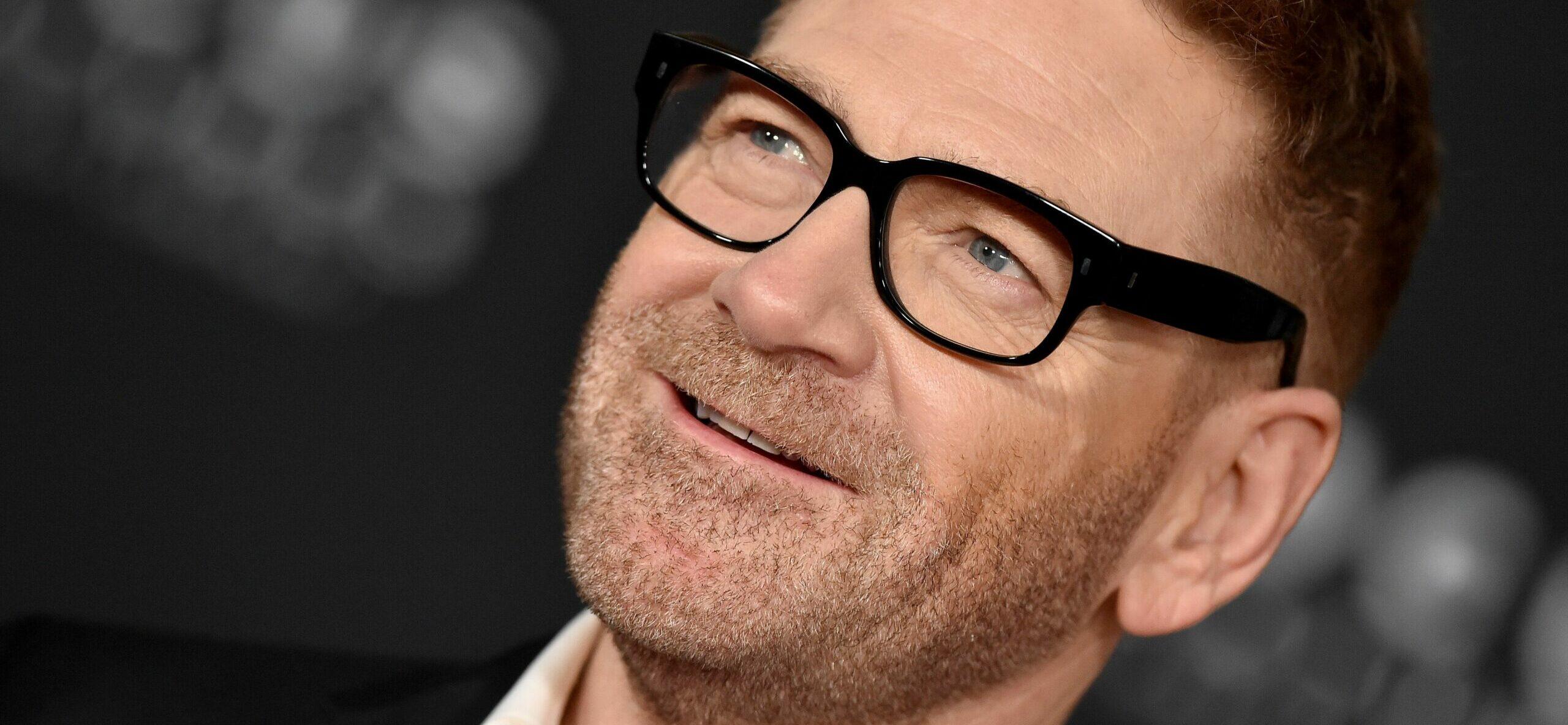
Director Kenneth Branagh is opening up about his critically acclaimed film, "Belfast."
The film was very personal for Branagh. When the filmmaker was only nine years old, he was forced to leave his home in Northern Ireland due to the conflict.
The film focuses on Buddy, a fictionalized version of Branagh's childhood, who is played by JudeHill. The story focuses on how a boy and his family still try to find humor in life despite the traumatic circumstances they are facing.
The cast includes stars such as JamieDornan, Judi Dench, Caitríona Balfe, and Ciarán Hinds.
Kenneth Branagh Came Up With 'Belfast' During Pandemic 'Introspection'
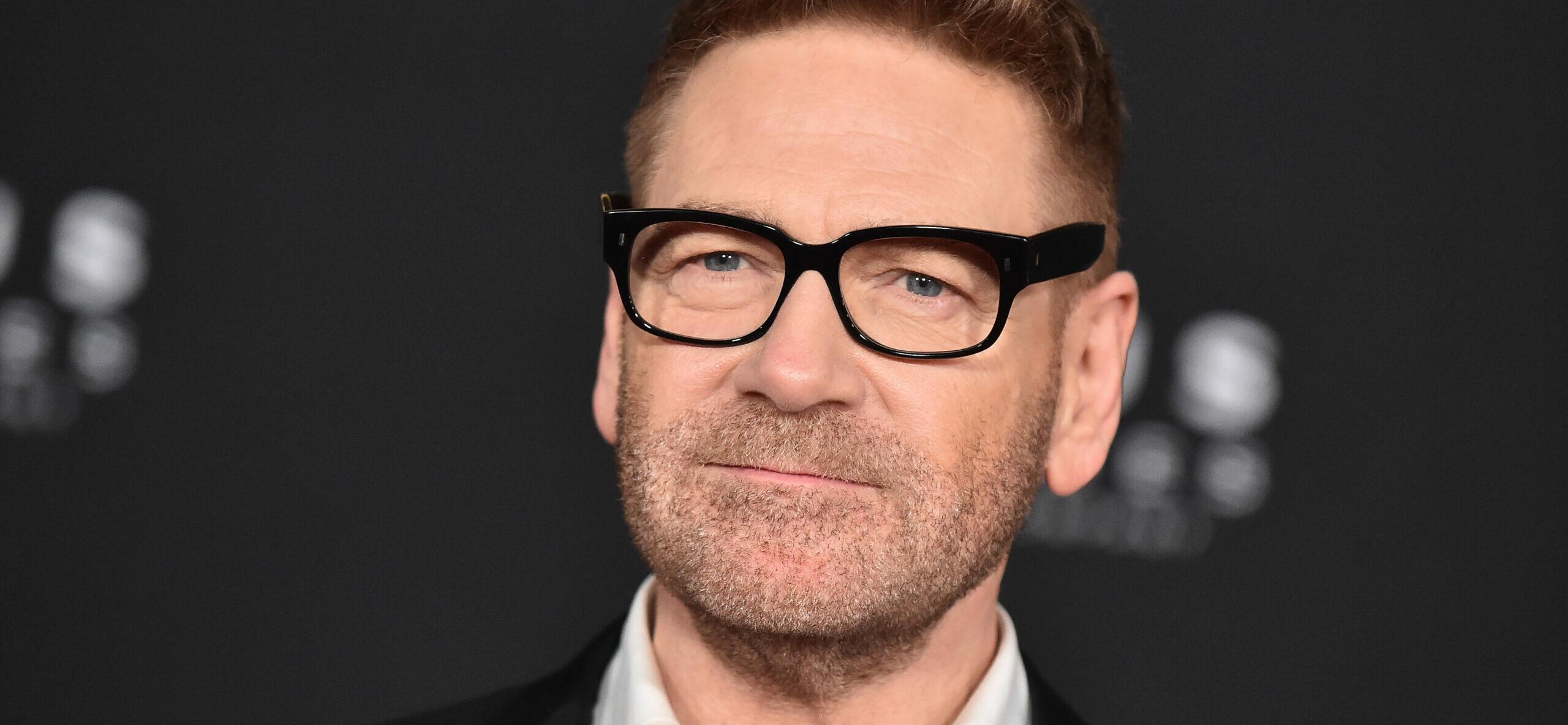
In a recent interview, Kenneth Branagh explained that the COVID-19 pandemic lockdown caused a period of "introspection."
"There was much more introspection, I think, at the beginning of this period," he said. "But the desire to write something about Belfast had been with me really ever since I left the place, I suppose, because it made for such a revolution in my life, that somehow processing it, to use a cliché, was something that was very important to me."
"But I feel as though I approach every film the same way," he continued. "I mean, every film matters as much to me. And the small, detailed pieces, whatever you might call it, the chamber part of a big, big movie is as important to me as it might be in a small movie, and whatever action there is in a small movie is as important to me as it might be on a much bigger movie."
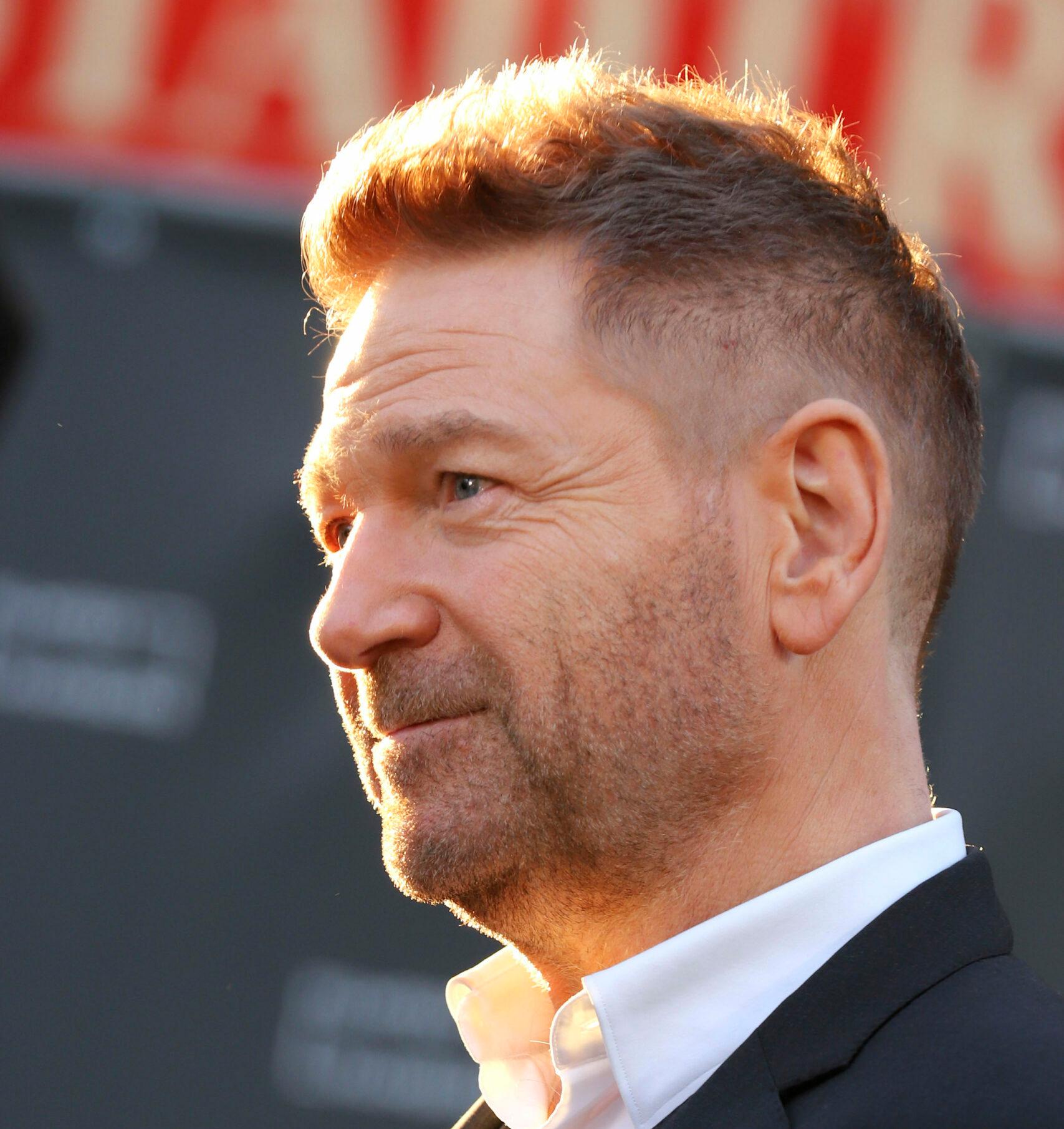
He added, "I felt as though going back to this very, very personal subject, I was using a kind of synthesis of many things that had come together. And in a way, the film illustrates that."
"The heart of it was the personal subject matter," he shared. "But the actual making of it, the mechanics of it, were more a synthesis of the many different kinds of influences that I’m subject to as a filmmaker that Belfast actually illustrates at the same time."
'Belfast' Manages To Blend Tragedy With Comedy
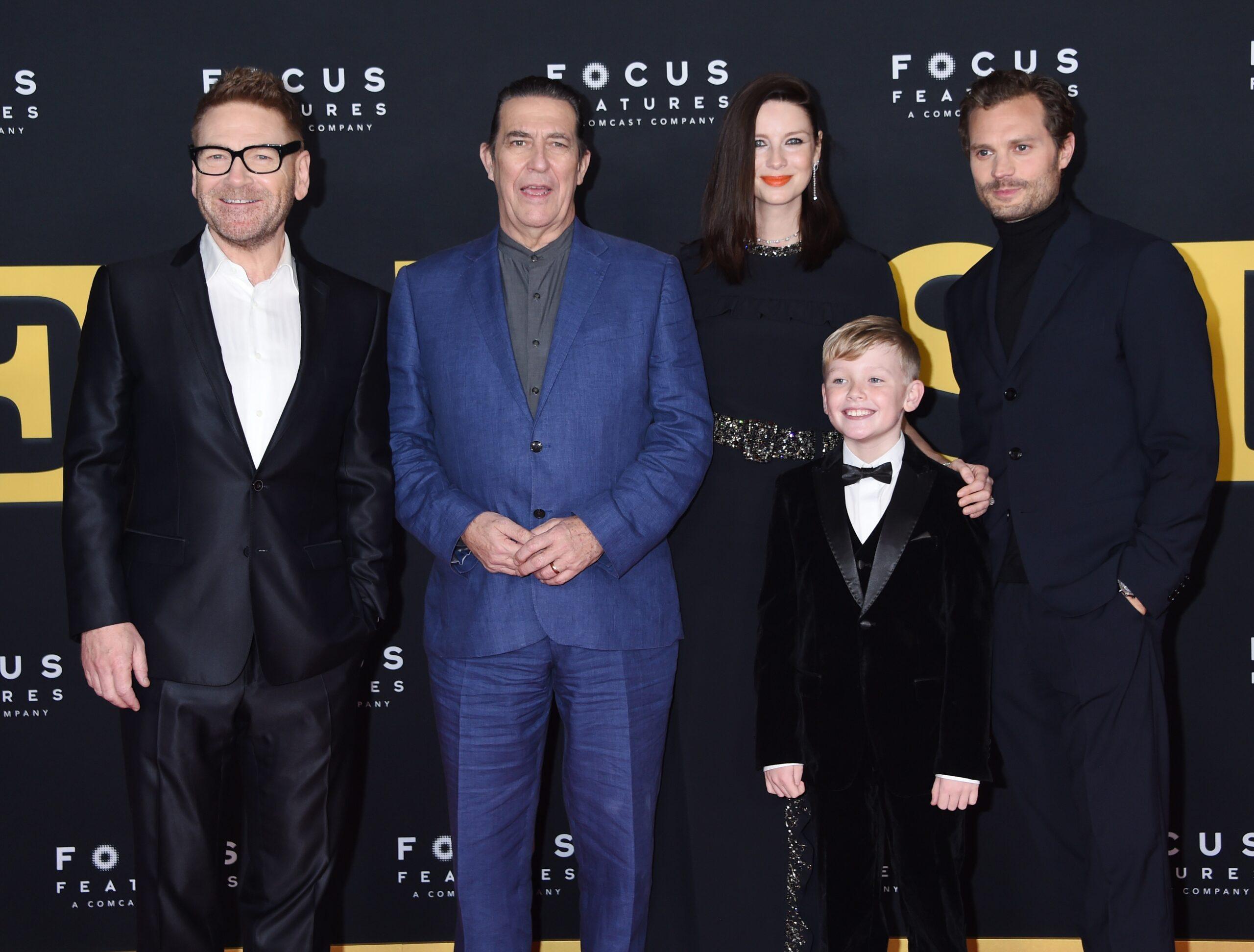
When they were shopping the movie, Branagh revealed that he got a "tremendous response to the screenplay."
"People really got it," he added.
"What was thrilling was that it seemed as though it traveled the world," he continued. "So, people in America, financiers in Europe, everybody understood and felt as though it had a universality, and they were very complimentary about the screenplay."
However, he admitted that people were hesitant to attach themselves to the project because they "couldn’t understand how we would manage to find something lighter in such a dark situation."
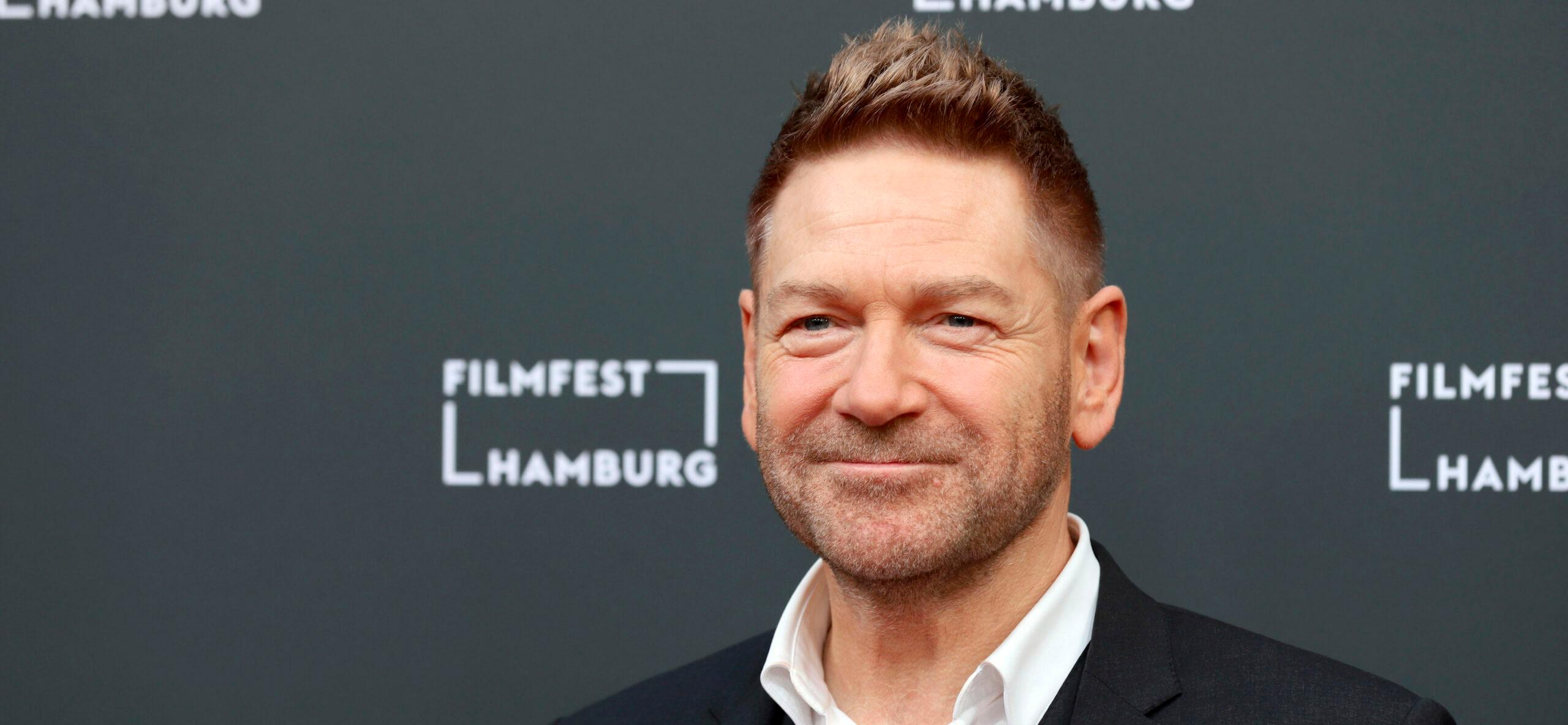
Branagh explained that, throughout Irish history, the Irish have always managed to find the light in dark times.
"People with a strong sense of Irish history will tell you the many, many occasions in the history of that island, that things have been dire, and somehow, they still manage to draw some sort of grim, humorous remark out of it," he explained. "And I think that was my abiding memory."
"It’s often the case in Britain, in the Blitz in the Second World War, people talked about the amazing bonding of the communities, and the fun that could be had," he added. "I guess because death was so close to the surface, it leaves you in a kind of hysteria where you are sometimes weeping hysterically, or in Ireland, you’d call it keening. I remember that from funerals where women would keen. They would just howl over bodies or in those wakes that we had."
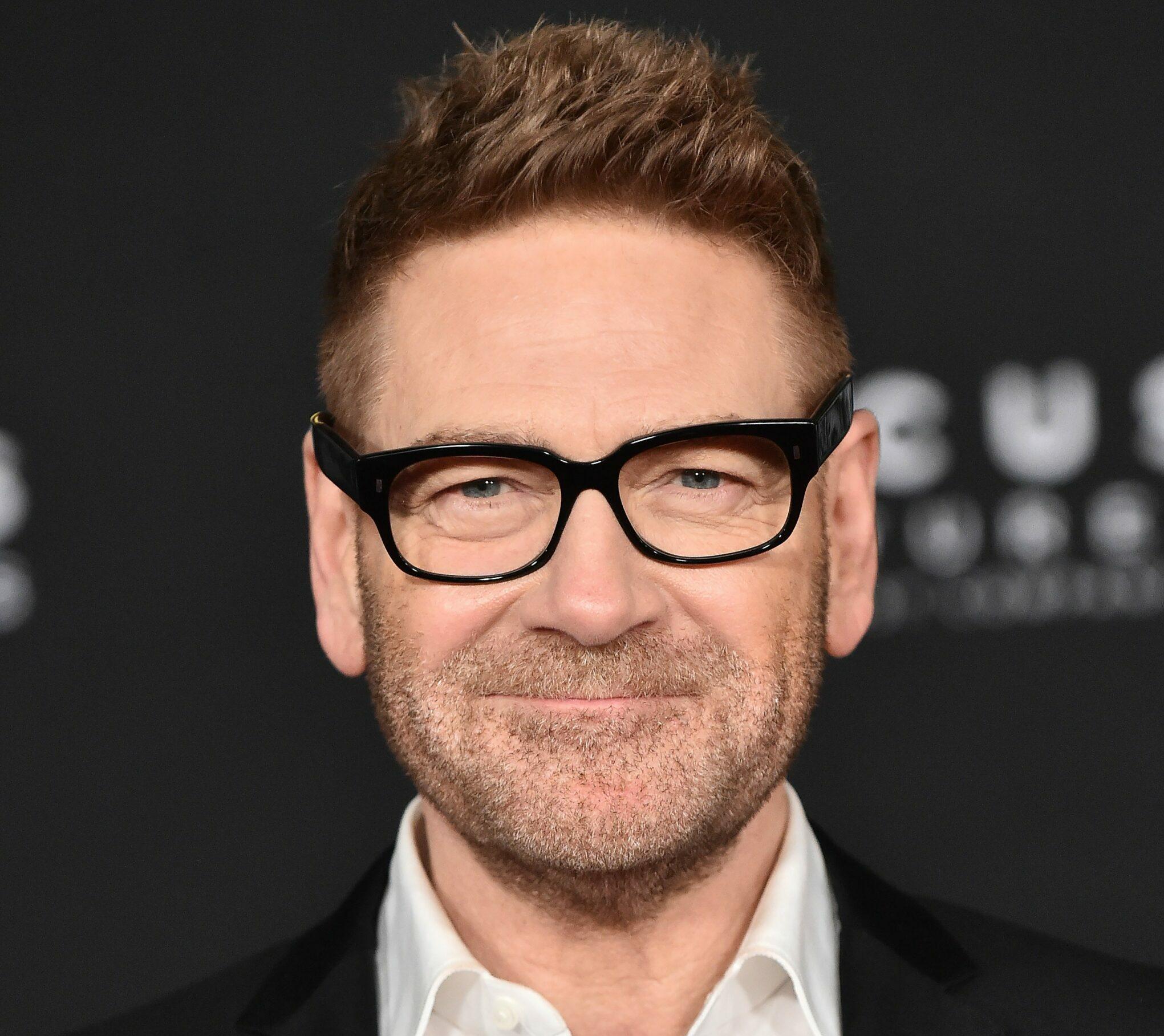
"Or you’d be hysterically laughing," he went on. "I mean, weeping with laughter. And the two things seemed very, very closely connected."
"But humor becomes not just valuable, but a necessity," he added. "It’s a coping mechanism that I knew was going to run through the film along with music, and along with dancing, and along with singing."
"These were the ways working people found a way to cope with the central theme of the film, I suppose, which is loss," he added.
"One thing we know that is always guaranteed is death and taxes, and there’s usually plenty of both," he went on. "So, humor becomes the grease that makes those wheels go around. It makes you move sometimes when you think you can’t, in fact, put another step in front of you. So, trying to find it was just always looking to the humanity of the situation."
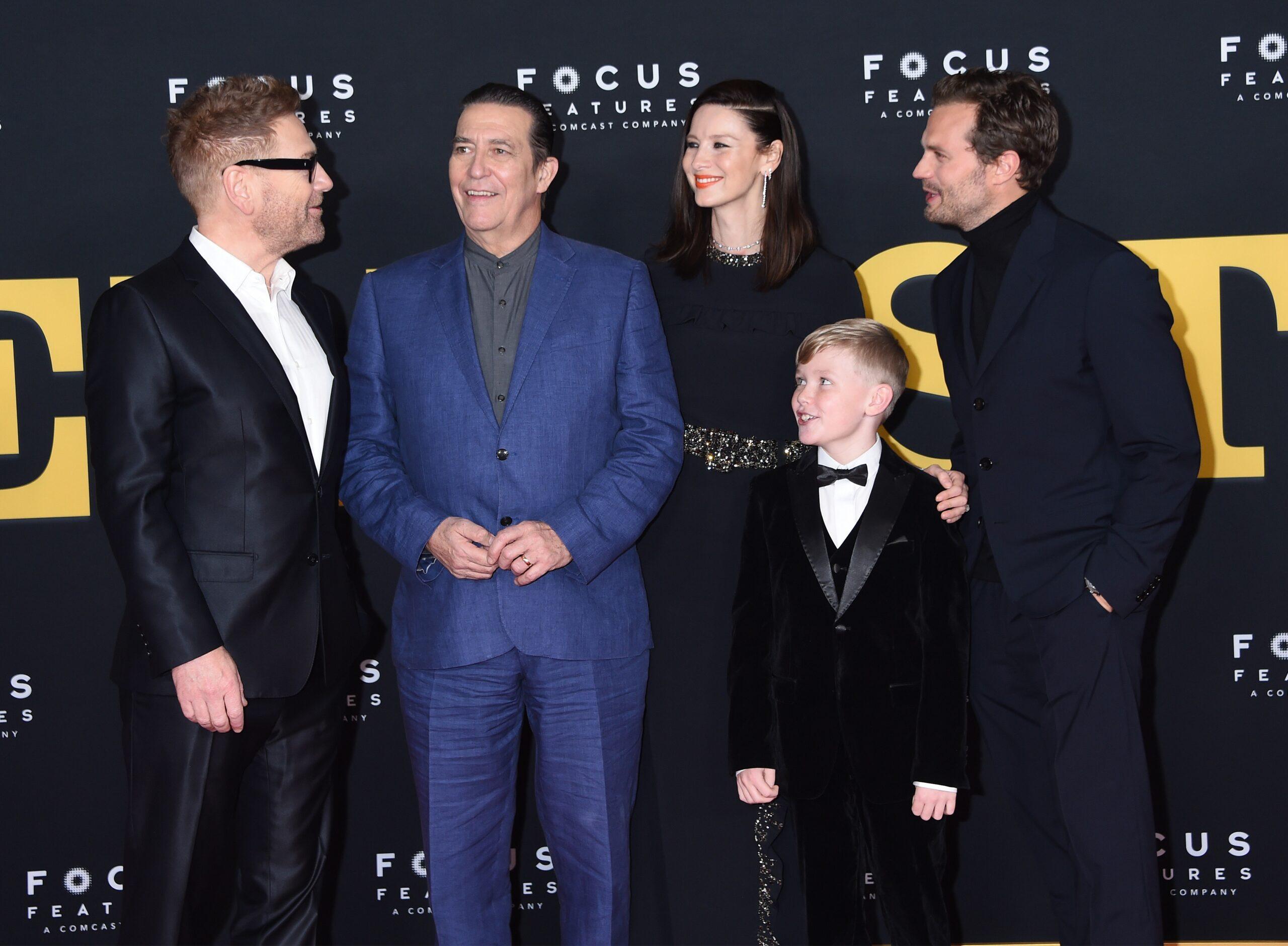
"Sometimes the humor is a kindness," he shared. "The humor is a gift of generosity to just let someone breathe in a situation where death or loss is tightening us up. And it’s always, I’d say, it’s poignant humor, and it makes the film and the experience of the film, of course, bittersweet."
"It’s a tragic situation, but human beings have to find a way to breathe their way through that," he concluded. "Otherwise, life’s not worth living."